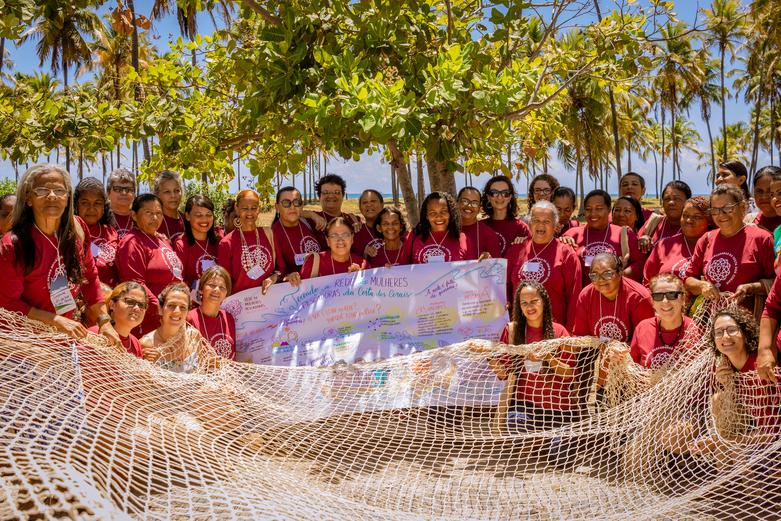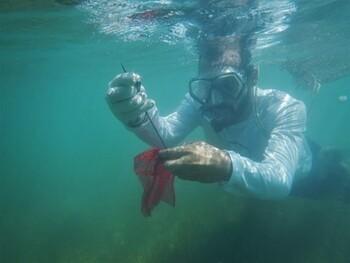Context
The Brazilian coastline is among the longest in the world, stretching across 8,500 kilometres. In addition to the world’s most extensive continuous mangroves, the Brazilian coast also contains exceptional ecosystems such as dunes, lagoons, islands, sandbanks and estuaries. It shelters numerous endemic species as well as the only coral reef in the South Atlantic. Altogether, 52 per cent of Brazilian territory consists of marine area, which is known as the Blue Amazon. This region includes the territorial waters, as well as the seabed from the coast to the edge of continental shelf.
Approximately 51 million people (27 per cent of the population) live along the Brazilian coast. Sixteen of the country’s 28 metropolises are located here and more than half of the gross domestic product (GDP) is produced here. However, land and water use conflicts, lack of integrated coastal and marine management, pollution as well as the impacts of climate change, threaten environmental quality and biodiversity conservation along the Brazilian coast.


